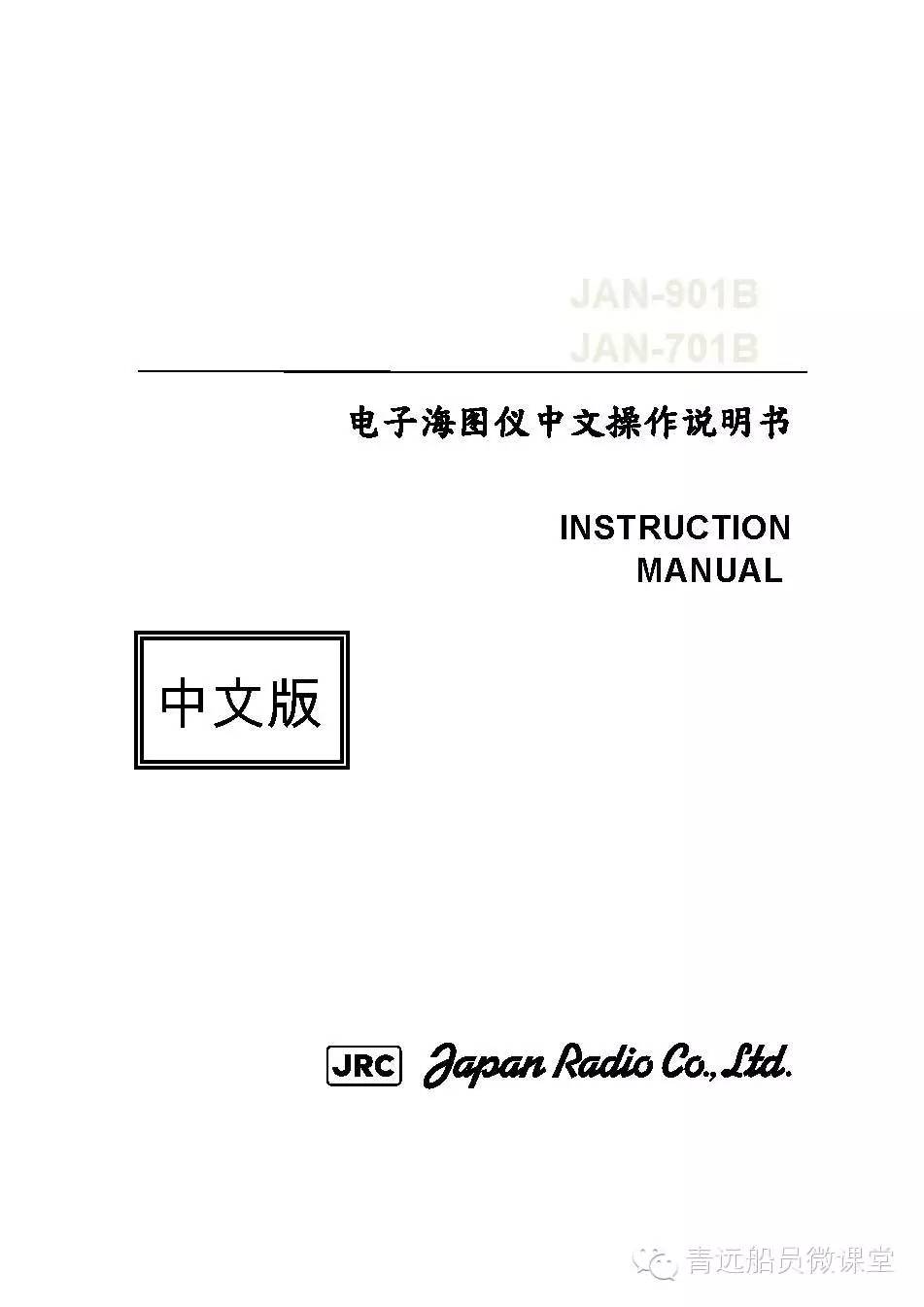-
-
二副注意收藏:GMDSS设备的公约要求、检查要点及操作性检查
来自:阳光安检GMDSS功能要求至少2种船对岸报警;接收岸对船遇险报警;发送和接收船对船遇险报警;发送和接收搜救协调通信;发送和接收现场通信;发送和接收定位信号...
2018-06-14 16:48 19117
-
汛期已至,一份船舶安全航行提醒请您查收!
来自:江阴海事船员朋友们你们好!水上交通是高风险行业而安全就是最大的效益安全更是您和家人幸福的基础为了您船舶航行安全,家人幸福 江阴海事...
2018-06-25 16:45 4873
-
被开列39条缺陷,其中10条滞留缺陷的这艘船到底怎么了?
来自:宁波海事 近期,宁波海事局对煤炭运输船和二程矿船开展了集中检查活动,对靠泊于北仑港的某散货船进行了FSC检查,该轮安...
2018-06-21 15:23 5106
阅读(10701) 回复(2)
[驾驶业务] 海船船员航行长江江苏段资格证明培训总复习(20190412)
阅读(8850) 回复(18)
阅读(10746) 回复(24)
[驾驶业务] [交流]dKartNavigator 5.32 For Wi
阅读(4393) 回复(12)
阅读(13045) 回复(48)
阅读(4527) 回复(23)
阅读(8595) 回复(44)
阅读(5750) 回复(2)
[交友婚恋] [求助]请问大家,我什么都不懂,想当海员,请问大家有办法吗?
阅读(2632) 回复(3)
阅读(10701) 回复(2)
阅读(3169) 回复(1)
阅读(3631) 回复(0)
阅读(4706) 回复(1)
阅读(2810) 回复(3)
阅读(35534) 回复(229)
阅读(3989) 回复(32)
阅读(2076) 回复(3)
[悼念英灵] 沉痛悼念我死去的兄弟-王雪峰(大连海大04级2中队校友)-马
阅读(9311) 回复(44)
阅读(2781) 回复(0)
[新手指南] 瓦锡兰RT-flex58T-D中文操作说明完整版下载不了
阅读(2568) 回复(1)















 联系我们人工客服
联系我们人工客服



















 :1391995811
:1391995811

